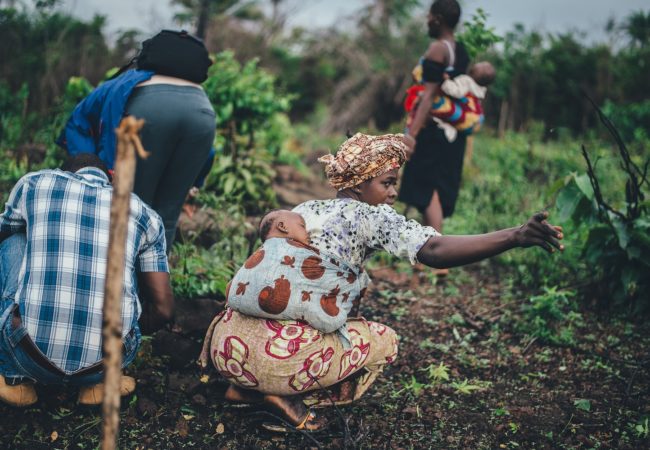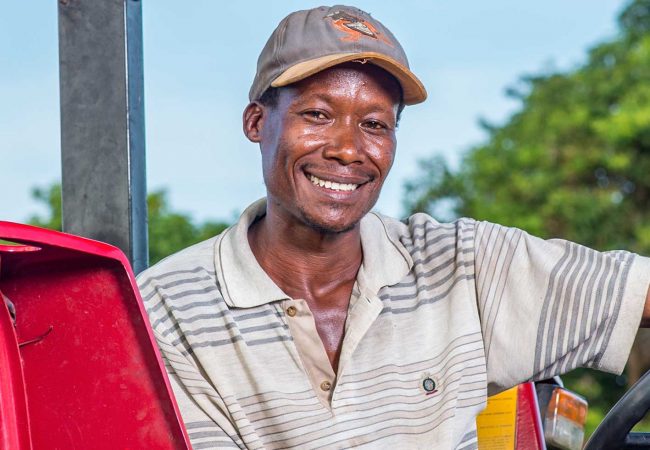What is the Issue?
The policy environment was not favourable to the informal dairy market in Kenya and urban agriculture in Kampala, Uganda. Urban agriculture in Kampala was viewed as inconsistent to the overarching urban development objective and as a public health risk. Similarly, the informal dairy market in Kenya that dominated the milk market was subjected to media outcry for its repercussions on public health. The media campaign was mainly organized by a few powerful players in the formal milk market in a bid to stamp out farmers and increase their limited market share. Moreover, policy makers feared that the informal dairy market could be a setback for the development of the formal sector.
What process was used to ensure Small-holder Voices (SHV) were heard by policy makers?
The processes used in both contexts share similar features and were the main reason behind the policy changes. In both contexts, research organizations played a major role in generating credible empirical evidence. Nevertheless, it is important to note that generating empirical evidence was a necessary but insufficient condition to bring about the intended changes. The channels pursued to communicate the empirical evidence with policy makers also matters. Politicians seek to maximize their votes and are thus likely to heed empirical evidence if it is communicated via voters. In both cases, farmers served as the main channel of communication. To enhance their effectiveness, CSOs offered capacity-building trainings to farmers and created platforms for advocacy while research organizations provided credible evidence to make compelling cases in favor of policy changes.
What was the outcome of this process?
The legal rights of residents in Kampala to engage in crop and livestock production have been acknowledged while a supportive policy for the informal dairy market has been adopted in Kenya.
What key lessons can be learnt? Is this process replicable?
The key lesson from the study is that producing credible empirical evidence is crucial to showcase the need for policy change. However, it is also important to pay due attention in selecting the channel of communication with policy makers. This process can be replicated in different contexts since it was tested in two different contexts and yielded the intended changes.
Is this process sustainable? What is the latest assessment of the impact of this process?
In both cases, the odds of policy reversal are slim since the policy changes have been driven by credible empirical evidence and smallholder farmers have been empowered.
Download Case Study




0 Comments